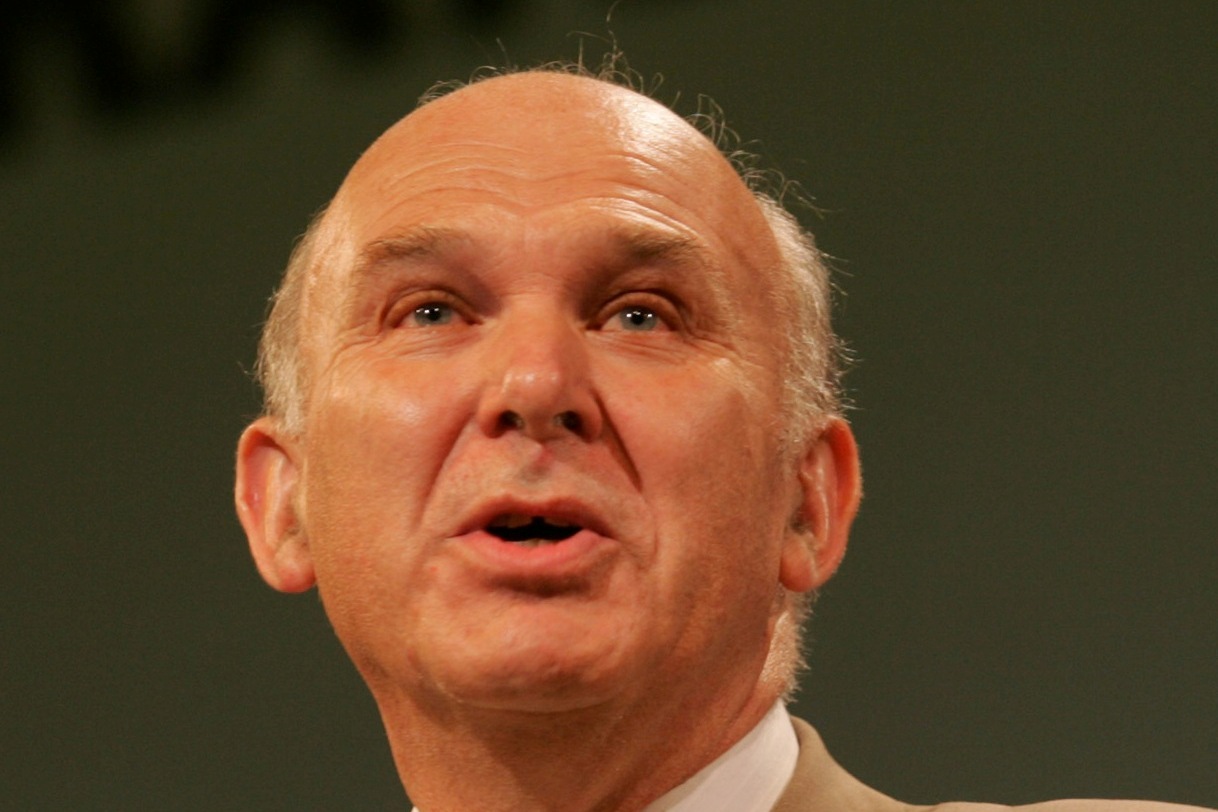Cable wants to cull ID card database
In a speech at the Liberal Democrats' party conference today, Vince Cable has made the case for scrapping Government database schemes.


Vince Cable has called for the ID card scheme and other government database projects to be scrapped.
In a speech today at the Liberal Democrat's conference in Bournemouth, the shadow chancellor continued the political debate on cuts, saying money could be better saved by getting rid of the schemes.
He said: "There is no need for vast government databases such as theID card scheme, the so-called super database and the NHS IT scheme."
Earlier this year, public sector analysts Kable said scrapping the controversial ID card scheme would save the government 3 billion alone. The NHS IT scheme has also come under a lot of criticisms due to its 12.7 billion price tag.
Cable concluded his speech by turning it round from cuts to investment. He disagreed with the continued investment into banks and instead suggested "a green future could be realised through real investment" which included green technologies and communications as areas worth looking into.
Get the ITPro daily newsletter
Sign up today and you will receive a free copy of our Future Focus 2025 report - the leading guidance on AI, cybersecurity and other IT challenges as per 700+ senior executives
Jennifer Scott is a former freelance journalist and currently political reporter for Sky News. She has a varied writing history, having started her career at Dennis Publishing, working in various roles across its business technology titles, including ITPro. Jennifer has specialised in a number of areas over the years and has produced a wealth of content for ITPro, focusing largely on data storage, networking, cloud computing, and telecommunications.
Most recently Jennifer has turned her skills to the political sphere and broadcast journalism, where she has worked for the BBC as a political reporter, before moving to Sky News.
-
 How the UK MoJ achieved secure networks for prisons and offices with Palo Alto Networks
How the UK MoJ achieved secure networks for prisons and offices with Palo Alto NetworksCase study Adopting zero trust is a necessity when your own users are trying to launch cyber attacks
By Rory Bathgate
-
 Putting small language models under the microscope
Putting small language models under the microscopeITPro Podcast The benefits of small language models are undeniable – but they're no silver bullet
By Rory Bathgate
-
 Starmer bets big on AI to unlock public sector savings
Starmer bets big on AI to unlock public sector savingsNews AI adoption could be a major boon for the UK and save taxpayers billions, according to prime minister Keir Starmer.
By George Fitzmaurice
-
 UK government targets ‘startup’ mindset in AI funding overhaul
UK government targets ‘startup’ mindset in AI funding overhaulNews Public sector AI funding will be overhauled in the UK in a bid to simplify processes and push more projects into development.
By George Fitzmaurice
-
 UK government signs up Anthropic to improve public services
UK government signs up Anthropic to improve public servicesNews The UK government has signed a memorandum of understanding with Anthropic to explore how the company's Claude AI assistant could be used to improve access to public services.
By Emma Woollacott
-
 The UK’s AI ambitions face one major hurdle – finding enough home-grown talent
The UK’s AI ambitions face one major hurdle – finding enough home-grown talentNews Research shows UK enterprises are struggling to fill AI roles, raising concerns over the country's ability to meet expectations in the global AI race.
By Emma Woollacott
-
 US government urged to overhaul outdated technology
US government urged to overhaul outdated technologyNews A review from the US Government Accountability Office (GAO) has found legacy technology and outdated IT systems are negatively impacting efficiency.
By George Fitzmaurice
-
 Government urged to improve tech procurement practices
Government urged to improve tech procurement practicesNews The National Audit Office highlighted wasted money and a lack of progress on major digital transformation programmes
By Emma Woollacott
-
 Government says new data bill will free up millions of hours of public sector time
Government says new data bill will free up millions of hours of public sector timeNews The UK government is proposing new data laws it says could free up millions of hours of police and NHS time every year and boost the UK economy by £10 billion.
By Emma Woollacott
-
 Online Safety Act slammed by rights groups as bill gains royal assent
Online Safety Act slammed by rights groups as bill gains royal assentNews The Online Safety Act has been described as a veiled attempt to secure access to encrypted messages
By Rory Bathgate